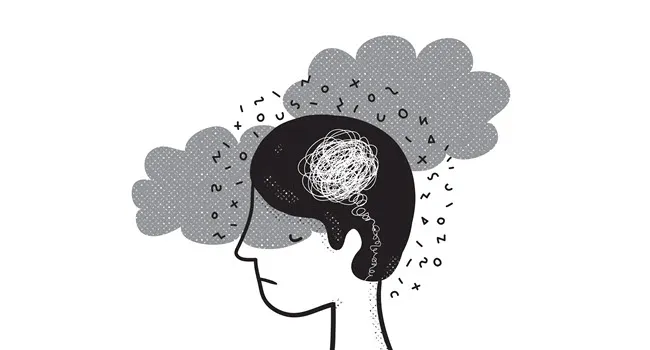July 30, 2021 — An infection from COVID-19 might have a considerable damaging impact on intelligence, in line with a brand new large-scale study from the UK, findings which can be in step with stories of “mind fog” amongst long-haul COVID-19 sufferers.
Researchers analyzed knowledge from 81,337 individuals who took the Nice British Intelligence Take a look at in 2020. Of these, about 13,000 reported that they had contracted COVID-19, and 275 of these had accomplished the take a look at earlier than and after an infection.
Those that had beforehand had the coronavirus discovered it tougher to finish duties associated to reasoning, problem-solving, and spatial planning, the authors stated. Researchers managed for age, schooling, and general temper.
“These outcomes accord with stories of long-COVID, the place ‘brain fog,’ hassle concentrating, and issue discovering the right phrases are frequent,” the authors wrote. “Restoration from COVID-19 an infection could also be related to notably pronounced issues in elements of upper cognitive or ‘govt’ operate.”
Working reminiscence span and emotional processing didn’t appear to be affected.
How unhealthy the cognitive decline was seemed to be linked to how severe the an infection was. Researchers stated those that had been positioned on a ventilator whereas in poor health confirmed probably the most substantial results. On common, their rating dropped 7 IQ factors.
“The size of the noticed deficit was not insubstantial,” the authors wrote. However they stated mind imaging is required earlier than agency conclusions may be drawn.
“It is very important be cautious in inferring a neurobiological or psychological foundation of the noticed deficits with out mind imaging knowledge, though the evaluation duties used right here have been proven to map to completely different networks inside the human mind by way of regular purposeful exercise and connectivity in addition to structural community injury,” they wrote.
The researchers speculate that high fever and respiratory issues may have contributed to the cognitive decline. However these signs had lengthy dissipated for most individuals within the research — the authors famous solely 4.8% of them reported lingering signs.
The research gives perception into one a part of post-COVID — a situation that has been intently tracked by the CDC. In keeping with the company, long-haul COVID-19 can embrace a spread of lingering signs a number of months after an infection, together with shortness of breath, headache, joint or muscle pain, dizziness, and a tough time pondering or concentrating, in any other case referred to as “mind fog.”






